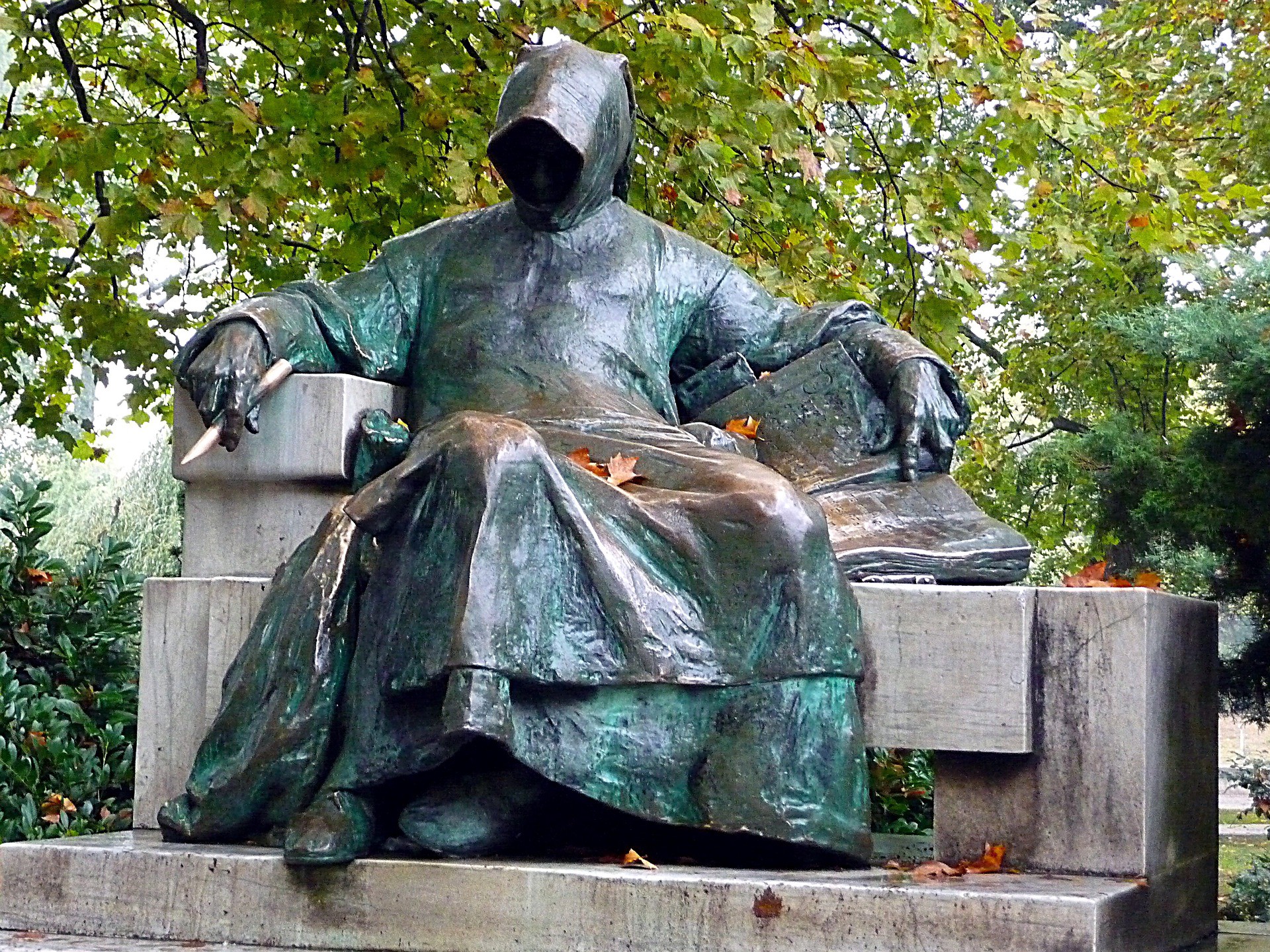Books & Culture
Maybe It’s Time to Do Away with Anonymous Reviews
The latest Kirkus fiasco might not have been such a big deal if reviewers signed their names

It’s a big deal to get a starred book review in Kirkus, but you’ll never know exactly whom to thank. The biweekly review magazine is hugely influential—bookstores and libraries look to its pages to find out what to order—and it doesn’t dole out praise lightly. Reviews are often critical, sometimes downright harsh, and always anonymous.
Thanks to a company-wide policy, though, we do know one thing about Kirkus reviewers of young adult novels: They are, to whatever extent possible, matched with the identities of the book’s principal characters. “Because there is no substitute for lived experience, as much as possible books with diverse subject matter and protagonists are assigned to ‘own voices’ reviewers, to identify both those books that resonate most with cultural insiders and those books that fall short,” reads a statement on the Kirkus site. In theory, this prevents sub rosa racism, ethnocentrism, ableism, or other troubling themes from slipping past reviewers who don’t find them painful.
Accordingly, Laura Moriarty’s American Heart, in which a teenage girl in a dystopian America tries to help a Muslim woman escape internment, was assigned to a Muslim reviewer. She found the book “terrifying, suspenseful, thought-provoking, and touching,” and on October 10 gave it a starred—but, as usual, unsigned—review. Usually, it’s negative reviews that raise ire, but in this case the rave garnered immediate criticism from people who objected to American Heart’s “white savior” narrative. (The publisher employed several sensitivity readers, ostensibly to avoid giving offense in just this way, but the plot still hinges on a white protagonist and viewpoint character literally saving a woman of color.) Bestowing a starred review on a book that is about rampant Islamophobia but centers and elevates a white character was, critics said, evidence of how—in the words of writer Justina Ireland—“Kirkus Reviews of books reinforce white supremacy.”
Support Electric Lit: Become a Member!
Kirkus took the criticism to heart, but its response was clumsy. The publication rescinded the book’s star and altered the review; the first decision was made in collaboration with the reviewer, the second was not. (She made the edits, Kirkus says, but she did not initiate them: “We wanted her to consider if changing what we thought was sort of reductive word choice, and adding deeper context, is something she thought might be appropriate,” editor-in-chief Claiborne Smith told Vulture.) The new review notes that “it is problematic that Sadaf is seen only through the white protagonist’s filter.”
Ultimately, this response leaves nobody happy. Those who took exception to the original review aren’t all that mollified, those who object to any acknowledgment of racial or religious inequity are mocking another example of “PC gone too far,” and caught in the middle is a nameless woman of color who is being browbeaten for liking a book too much.
Would this have turned into such a fiasco if the reviewer had been asked to sign her name? Surely individual Muslims may differ on what they do and don’t find offensive or off-putting; people have different thresholds, and whom among us doesn’t have a problematic fave? One could argue that any Muslim woman of color who doesn’t find American Heart at least a little troubling is enacting internalized Islamophobia, but presumably one would not move to silence her or demand she be overruled. A signed review would be marked as the opinion of the reviewer—a reviewer who has experienced life as a Muslim woman of color, and who (whether or not someone else would agree) finds herself adequately represented. An unsigned review is the opinion of Kirkus, and that’s where the trouble lies.
An unsigned review is the opinion of Kirkus, and that’s where the trouble lies.
Kirkus is right to take identity seriously, though it’s clearly stumbling forward rather than sailing. (This is not the first furor to erupt over a starred Kirkus review.) Especially in novels for young people, it’s important for readers to see themselves reflected on the page, and for that reflection to feel valid and complete and not undermining. Matching reviewers’ identities with characters’ is a positive, though imperfect, step towards recognizing novels that succeed in this endeavor, and those that fail.
But Kirkus is trying to take identity seriously while simultaneously remaining a sort of multi-mouthed monolith in which every review appears to be handed down from on high. (This is, of course, by design; Kirkus reviews get their cachet from the Kirkus name.) If we’re going to acknowledge, as we should, that people’s life experience affects how they read books, we should also acknowledge that reviewers are individuals. It’s okay that one Muslim woman of color was untroubled by American Heart, or saw value in it that for her outweighed its skewed presentation. That shouldn’t be taken to mean that other criticisms are invalid or wrong because the book is officially Good. It only seems to mean that, because it seems to come from Kirkus the powerful and faceless publication, not from a person. Maybe acknowledging—and eventually ameliorating—the homogeneity of literature means highlighting, not hiding, the diversity of its gatekeepers.
I guess it would be ironic if I didn’t sign this one.
—Jess Zimmerman







